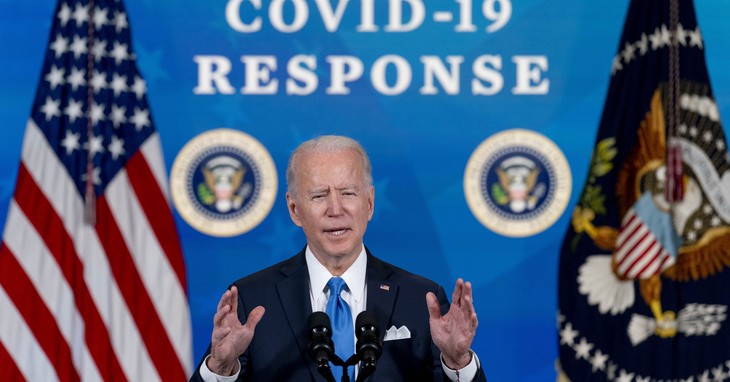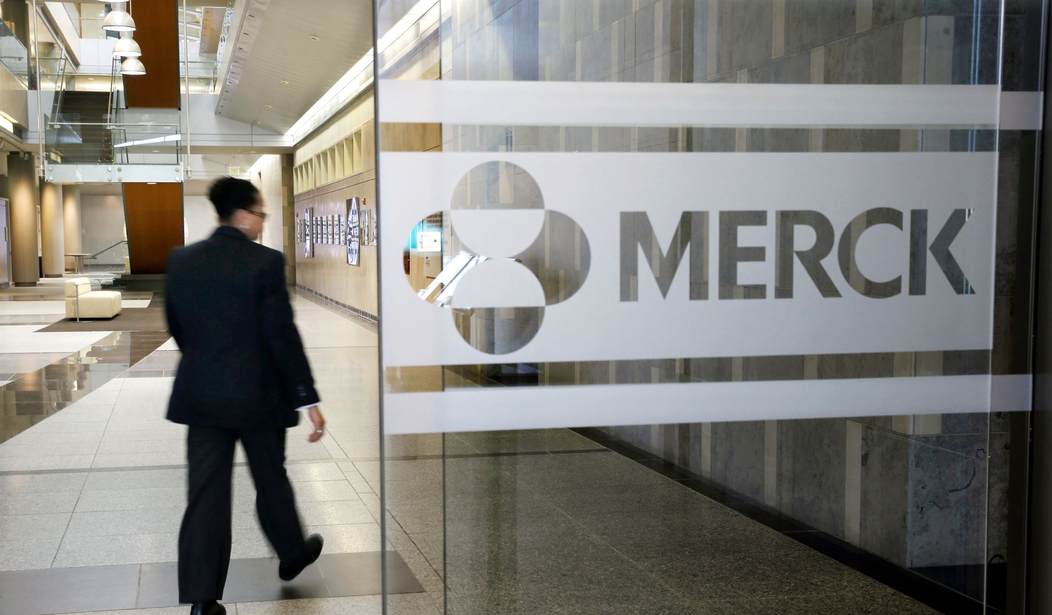The AP and Reuters have gone curiously quiet on this costly deal.
December has been a turbulent and difficult month for the press on the COVID front. The Omicron variant, Joe Biden’s fumbling, and the dwindling effectiveness of vaccines has led to narratives shifting almost daily. Suddenly, things considered taboo a few months ago, like Chris Hayes echoing comparisons to the flu, are being touted proudly by journos, in the hopes the contradictions will be overlooked.
It is for this same reason that silence from the press on a similar matter is also exposing the sham. President Biden made a declaration that initially sounds as if he is taking charge of fighting COVID. He declared that he is making a significant investment in order to help with the surging demand for COVID tests, seemingly good news.
Today, I committed $137 million to expanding the production of COVID-19 at-home tests using our military authority in order to meet demand. https://t.co/eNmA4CCkkR
— President Biden (@POTUS) December 30, 2021
Here is where you get a sense that something is askew. This is the kind of announcement that the media would normally be raving about, but beyond basic reporting of this announcement, the reaction in the press is rather muted. Considering these same folks have attempted to sell us on how good inflation is for the country, you would think Biden making this magnanimous move would have the press all sorts of giddy. Instead, they appear barely interested.
In the above-linked article, Reuters spoke with an administration source on what this means.
“It’s probably the most constrained piece of technology in expanding capacity, in making more of these over-the-counter or point-of-care tests,” the official said. “This amount they’re going to produce is roughly equivalent to another billion over-the-counter tests being able to be made,” he added.
Sounds fantastic. But why is the media not trying to sell the public on Biden’s brilliance at saving the populace with this move, as is their natural inclination when covering his moves? Probably because of this detail. (Emphasis added.)
The money will allow the company over three years to build a new facility to produce nitrocellulose membranes, the paper that displays test results, in Sheboygan, Wisconsin.
So…this will do nothing to help with the shortages of tests, and will not even lead to alleviating the stress and strains on medical systems for some time. There is another curiosity in the media silence; where are the questions about the money flowing to a drug maker and the political influence behind it? We were told this is a serious concern just a few months ago.
Recall, the Associated Press warned the world that Florida Governor Ron DeSantis was pushing the Regeneron COVID treatment at the urging of a major donor. The investment firm Citadel, a donor to the DeSantis campaign, was said to have a stake in the drug company producing the treatment. This was alluded to as being the reason the governor was pushing for people who were infected with the virus to seek out treatment. The connections that AP dredged up were laughably lame.

Citadel held a small amount of Regeron holdings in a fund, and it was small enough to not rank in the top 100 investments the company holds. Further, the treatment was being made available to people at no charge, and the dosages had already been purchased by the federal government the year prior – there was no viable profit motive to be found.
Now consider that Citadel’s stake in Regeneron amounted to under $16 million. Biden is not involved in a downstream profit push as a result of promoting a product – he is sending cash directly to one company. So, is there not a reason to ask about motives this time? Now, consider that Merck was a significant donor to Joe Biden last year, giving significantly more to the then-candidate over Donald Trump. Is there no curiosity from the Associated Press over a campaign donor receiving nine times the amount that Citadel had invested in Regeneron – in a direct form of payment?
This is not to suggest that the announced funding is not a valid governmental program to generate needed medical assistance to address the pandemic. But if the press is going to establish a precedent of calling into question policies based on possible windfalls for campaign donors, then the Merck-Biden connection raises far more questions than the supposed DeSantis-Citadel collusion.
This explains the rather tepid reaction in the media overall. If they tout the new investment too much, then people will question how a three-year plan helps us now, and then they may question how a Biden donor is getting help now of a financial nature. It is best to just move on from the story entirely and let it dissipate in the holiday news vacuum.














Join the conversation as a VIP Member